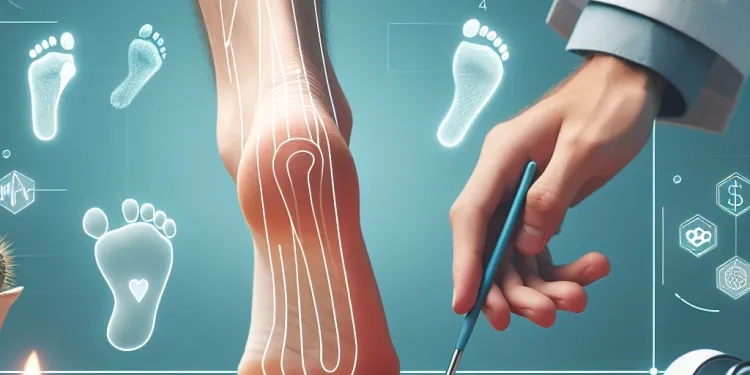
Find Help
More Items From Ergsy search
-
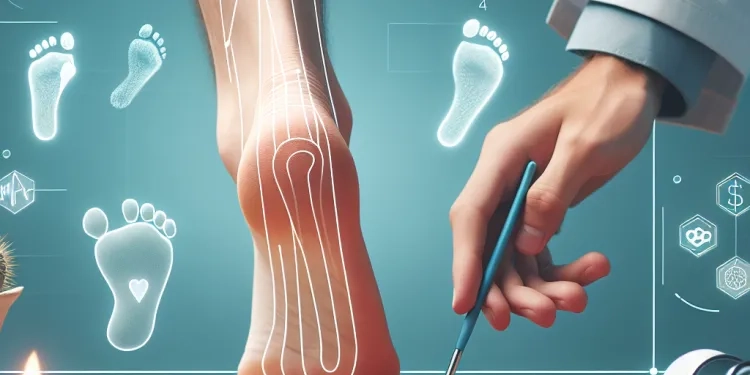
NHS Looking after your feet - Podiatrist https://youtu.be/8J1v6K21ykc
Relevance: 100%
-

Self care for your feet - Podiatrist
Relevance: 91%
-

Podiatrist Fungal feet - fungal infection of skin and nails and how to prevent fungal infection in feet
Relevance: 75%
-
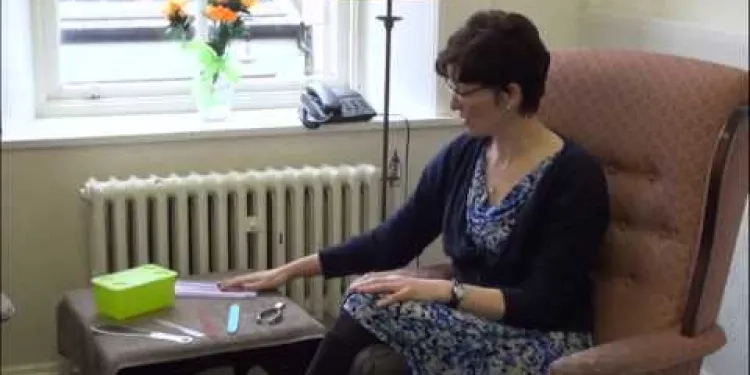
Podiatrist Personal Footcare
Relevance: 65%
-
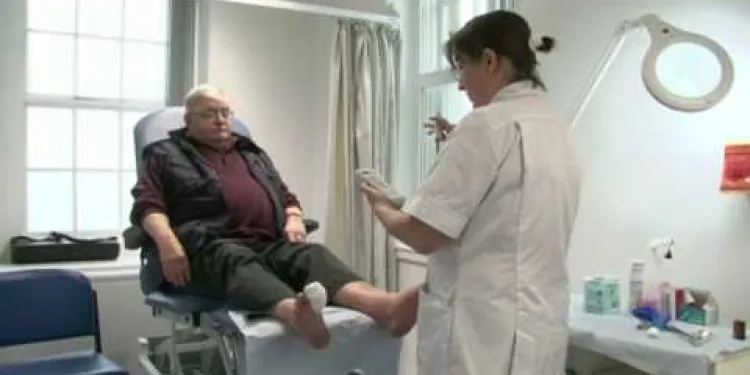
Diabetic Foot Conditions Podiatrist
Relevance: 57%
-

NHS Ayrshire and CVO East Ayrshire - ‘Feet First – Podiatry Services in East Ayrshire’
Relevance: 39%
-

What should I look for in a cashback credit card?
Relevance: 28%
-

Divorce - How To Rebuild Your Life After Losing Everything
Relevance: 27%
-
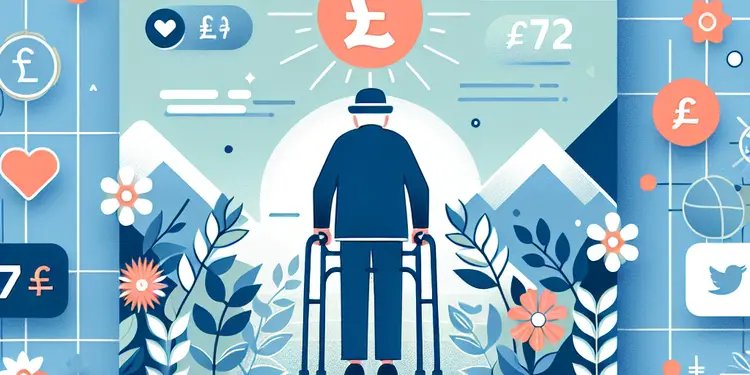
What are the key features to look for in a walker?
Relevance: 27%
-

What should I look for in the policy's terms and conditions?
Relevance: 26%
-

What do nits look like?
Relevance: 25%
-
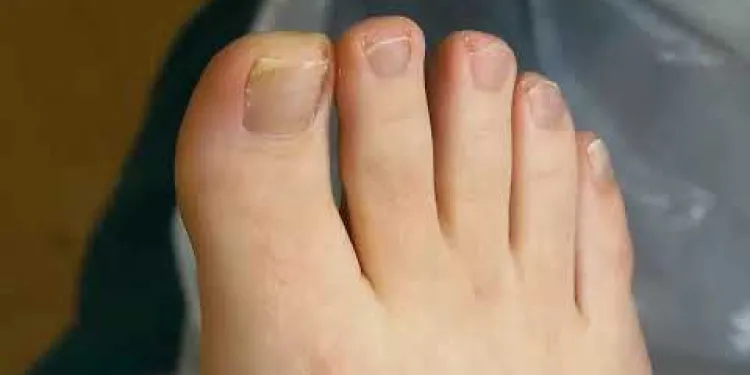
How to treat an ingrowing toenail / Involuted nail
Relevance: 25%
-

What should I look for when buying CBD products?
Relevance: 24%
-
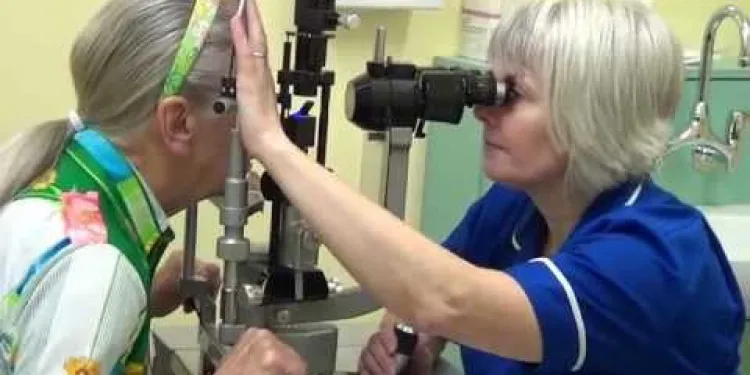
Your Cataract Operation
Relevance: 24%
-
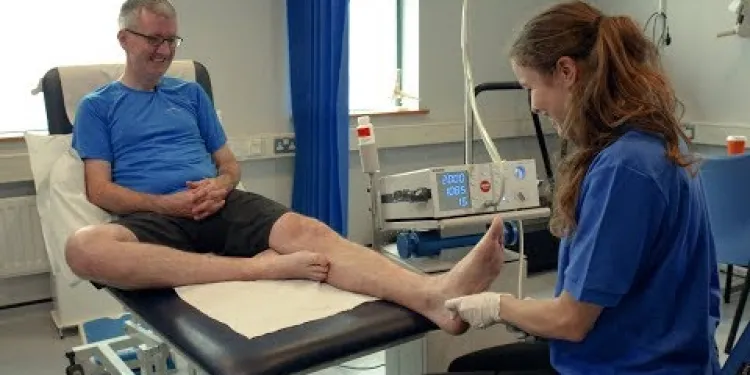
Plantar fasciitis
Relevance: 24%
-
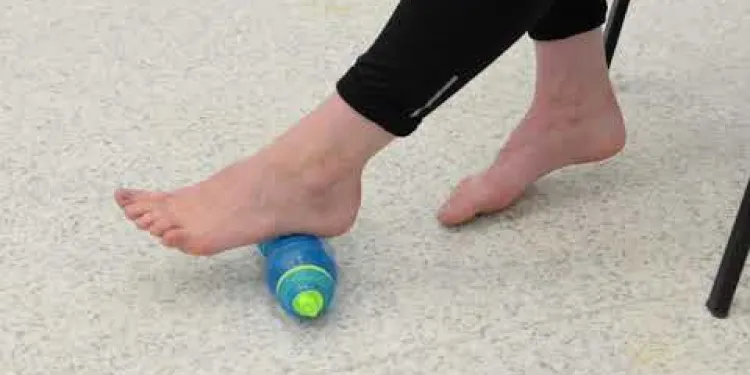
Foot Pain
Relevance: 24%
-

How can I secure my email after a hack?
Relevance: 23%
-

What should I look for in my car finance agreement?
Relevance: 23%
-
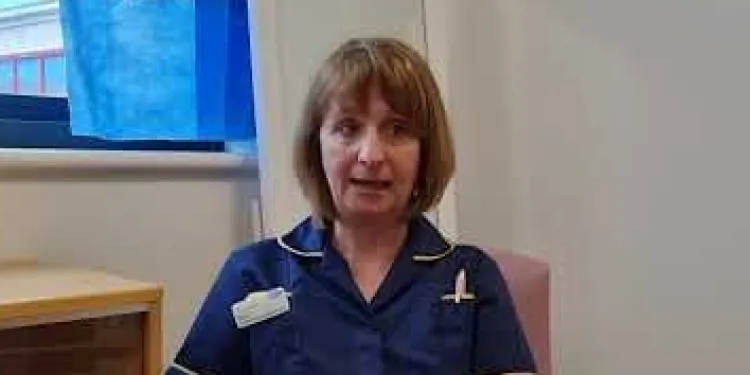
Ovarian cancer - signs and symptoms to look out for
Relevance: 23%
-
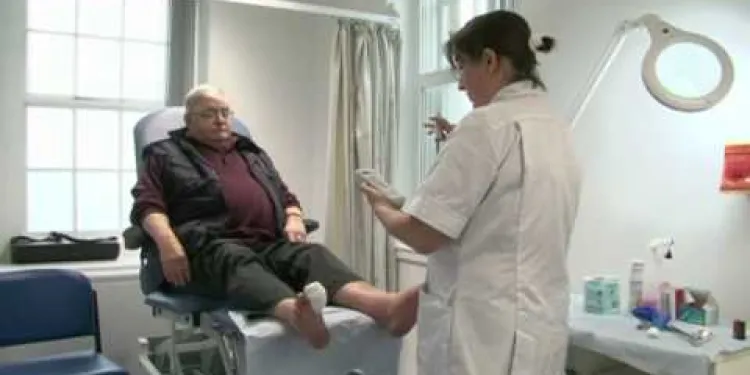
Diabetes Care - Preventing Amputations
Relevance: 22%
-
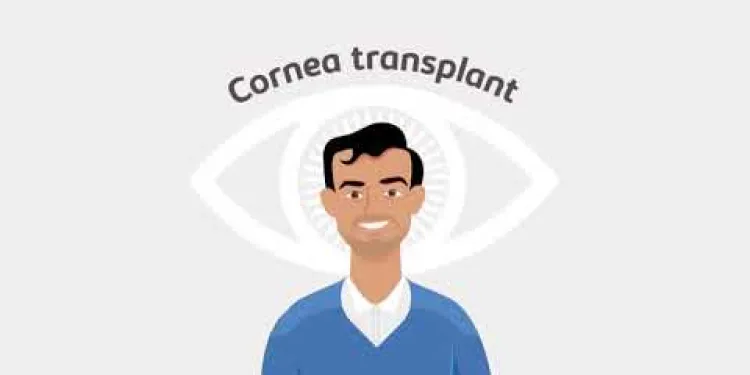
Cornea transplant - Your journey
Relevance: 22%
-
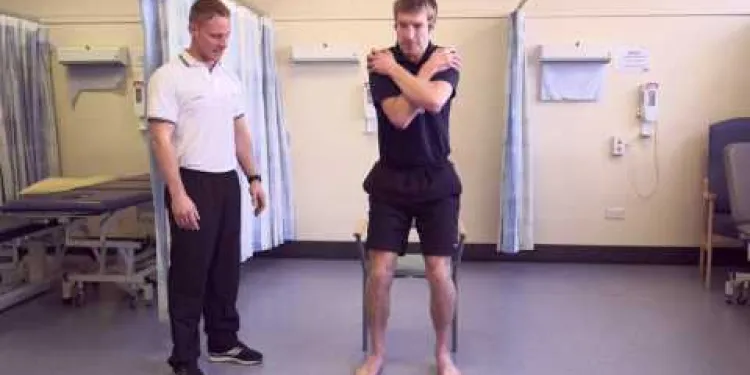
Exercises to help your lateral hip pain
Relevance: 22%
-
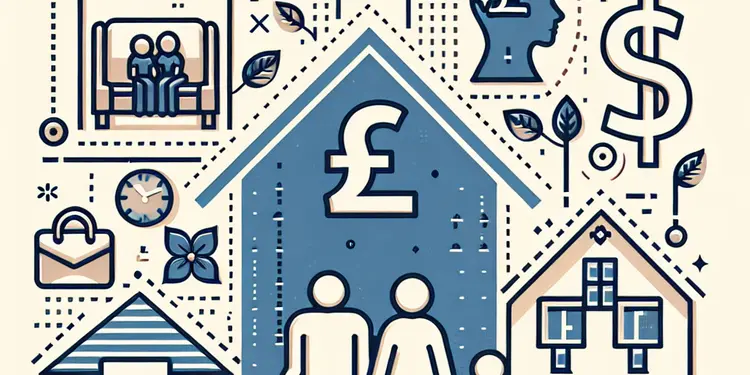
What should families look for in a live-in care agency?
Relevance: 21%
-
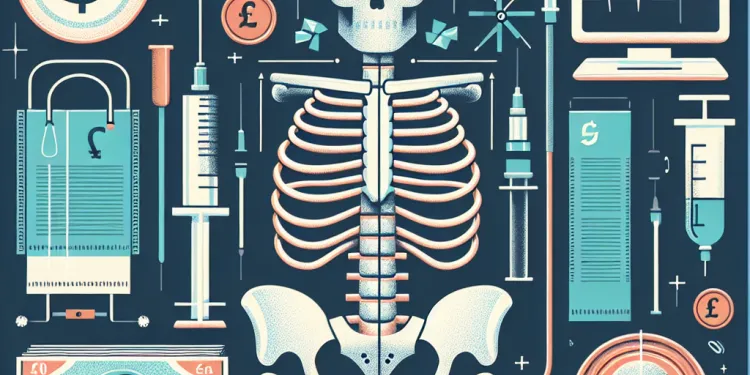
What should I expect after the spinal anaesthesia wears off?
Relevance: 21%
-

Bowel cancer - Symptoms and signs to look out for
Relevance: 21%
-
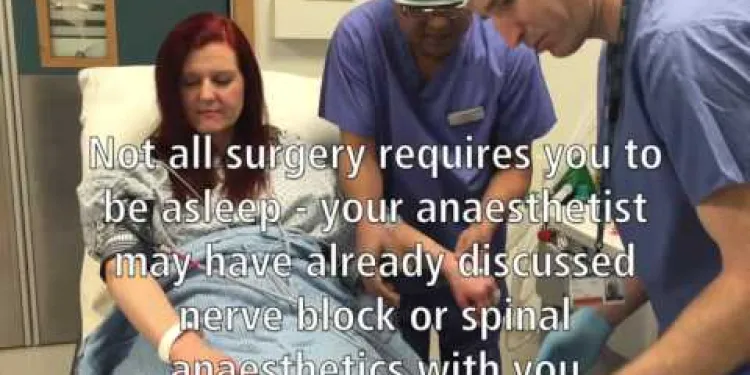
Your Operation at East Surrey Hospital
Relevance: 21%
-

On the day of your cataract surgery
Relevance: 21%
-

Can I buy travel insurance after booking my trip?
Relevance: 21%
-
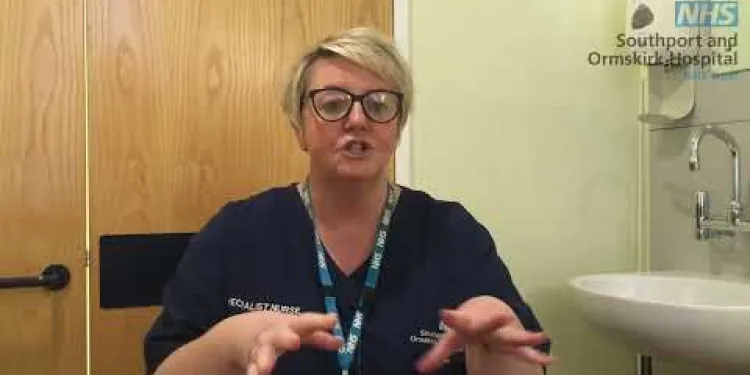
What to expect from your Colposcopy appointment
Relevance: 21%
-
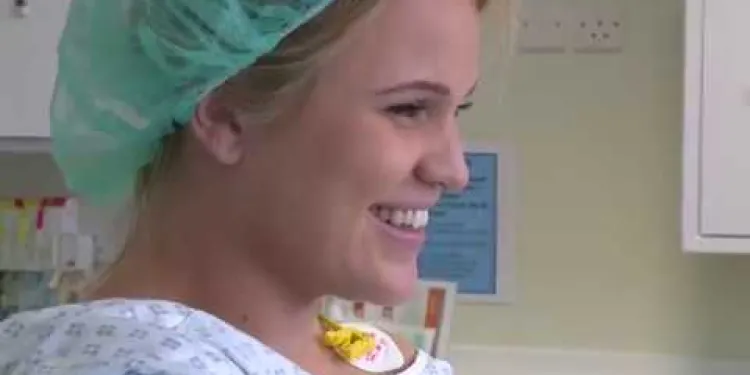
Your Caesarean birth
Relevance: 21%
-

What happens to your body when you stop eating sugar?
Relevance: 20%
-
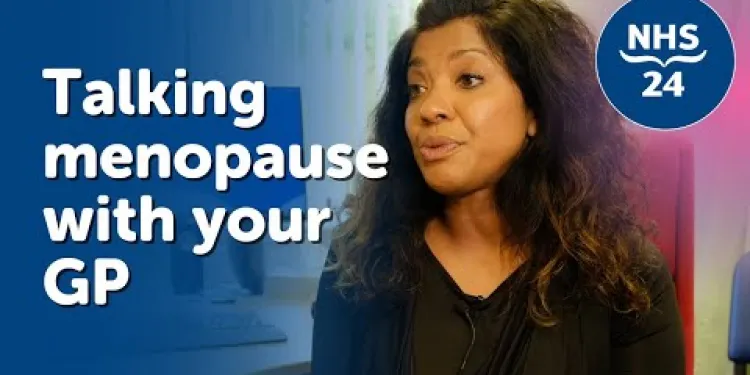
Talking menopause with your GP
Relevance: 20%
-
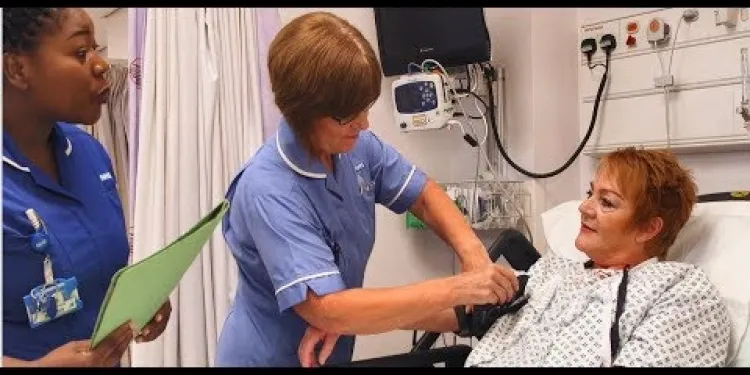
What to expect at your colonoscopy
Relevance: 20%
-

Starting your online tax return
Relevance: 20%
-
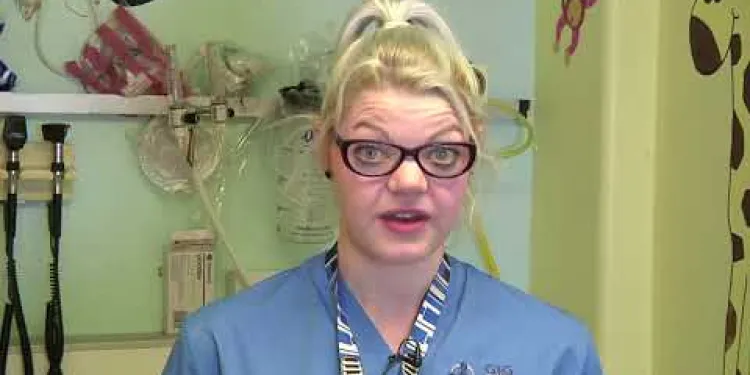
Advice if your child has... A High temperature
Relevance: 20%
-
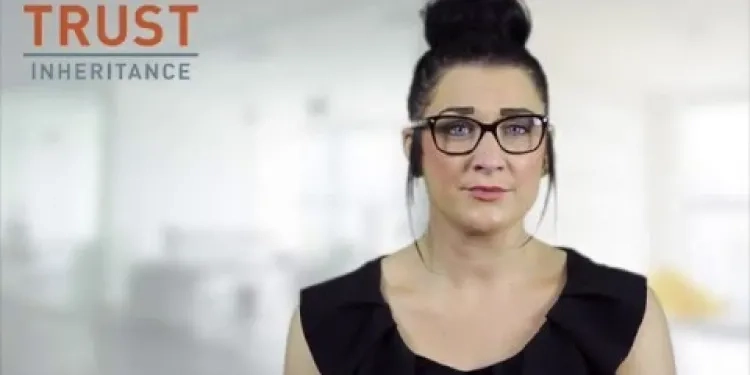
Planning for your funeral
Relevance: 20%
-
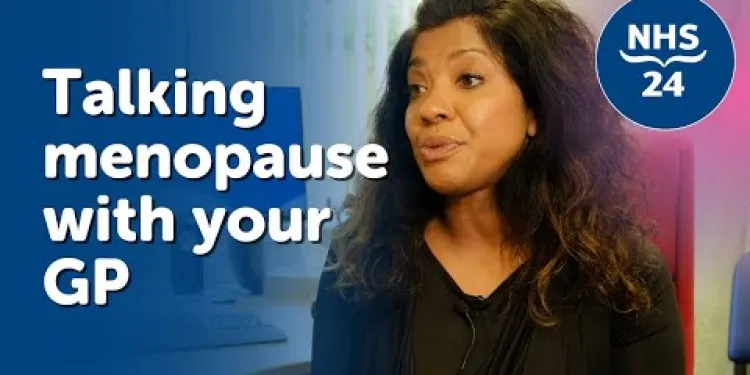
Talking menopause with your GP
Relevance: 20%
-

Are there any promotions or discounts I should look for when choosing an energy supplier?
Relevance: 20%
-
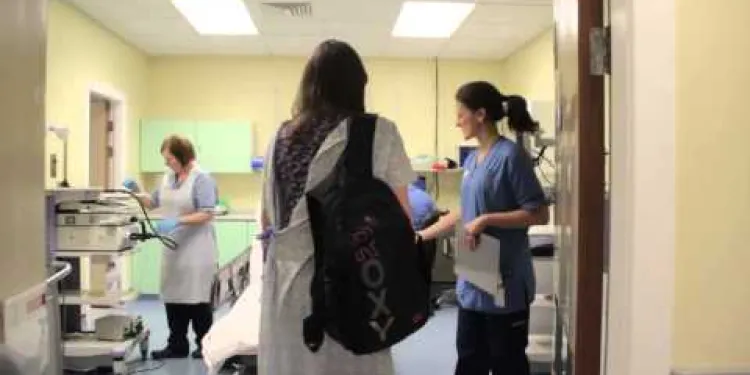
Your Visit to the Endoscopy Unit at NHS Tayside
Relevance: 20%
-

Can I receive an EV grant after purchasing the vehicle?
Relevance: 20%
NHS Guide: Looking After Your Feet
Proper foot care is essential for overall health and well-being. The NHS provides guidance on how to maintain healthy feet, prevent common problems, and address any issues promptly. This guide offers insights on effective foot care practices for people in the United Kingdom.
Importance of Foot Health
Your feet are complex structures that support your entire body weight and play a critical role in mobility. Maintaining healthy feet can prevent discomfort and more serious conditions. Regular foot care helps in minimizing the risk of infections, ingrown toenails, and other foot-related issues. Healthy feet contribute significantly to a person's quality of life, enabling them to stay active and mobile.
Daily Foot Care Tips
The NHS recommends a daily foot care routine that includes washing your feet with warm water and mild soap. Carefully dry your feet, especially between the toes to prevent fungal infections like athlete's foot. Moisturize your feet daily to keep the skin hydrated, but avoid applying lotion between the toes.
Regularly trim your toenails straight across to prevent ingrown toenails. Ensure your shoes fit well and provide adequate support. Ill-fitting shoes can cause blisters, corns, and calluses. Opt for shoes with good arch support and cushioning, and alternate your footwear to maintain foot health.
Recognizing Common Foot Problems
Being attentive to changes in your feet can help identify potential issues early. Common signs to watch for include persistent pain, swelling, redness, or changes in skin texture. Conditions like bunions, plantar fasciitis, and fungal infections are treatable if identified promptly.
If you notice any abnormalities or experience persistent discomfort, consider consulting with a healthcare professional or a podiatrist. Early intervention can prevent the progression of foot problems and maintain overall foot health.
Foot Care for Specific Conditions
If you have diabetes, foot care becomes even more critical due to a higher risk of developing foot-related complications. Regularly check your feet for cuts, blisters, and changes in color or temperature. The NHS advises people with diabetes to have an annual foot review with a healthcare professional to prevent potential issues.
Older adults and individuals with circulatory issues should also pay particular attention to foot health. Reduced circulation can slow healing and increase susceptibility to injuries and infections.
The Importance of Seeking Professional Advice
Consulting with a podiatrist can provide personalized advice and treatment for foot-related concerns. Regular check-ups can identify potential issues before they become severe. The NHS offers resources and services to assist in maintaining optimal foot health.
Taking care of your feet is an investment in your mobility and independence. By following these guidelines, you can ensure your feet remain healthy, comfortable, and ready to support you in your daily activities.
NHS Guide: Taking Care of Your Feet
It is very important to take care of your feet. This helps you stay healthy and feel good. The NHS gives advice on keeping your feet healthy. This guide will help people in the UK learn how to look after their feet.
Why Foot Health is Important
Your feet help you stand, walk, and run. They carry all your body weight. Looking after your feet can stop them from hurting and getting sick. It helps prevent problems like infections, sore toenails, and other foot issues. Healthy feet help you stay active and happy.
Tips for Daily Foot Care
The NHS suggests a daily routine to take care of your feet:
- Wash your feet with warm water and mild soap.
- Dry your feet well, especially between your toes, to stop infections.
- Put cream on your feet every day to keep the skin soft, but do not put it between your toes.
- Cut your toenails straight across to stop them from growing into the skin.
- Wear shoes that fit well and give support. Bad shoes can cause blisters, corns, and hard skin. Choose shoes with good support and padding. Change your shoes often to keep your feet healthy.
Spotting Common Foot Problems
Look out for any changes in your feet. Tell an adult if your feet hurt, swell, turn red, or feel different. Problems like bunions, sore heels, and infections can be treated if noticed early.
If you notice something is wrong, talk to a doctor or a foot specialist. Fixing problems early can help keep your feet healthy.
Foot Care for Special Needs
If you have diabetes, it is very important to look after your feet. Check your feet often for cuts, blisters, or changes in color. The NHS advises people with diabetes to have their feet checked by a doctor every year.
Older adults and people with blood flow problems should also be careful. Poor blood flow can make healing slower and increase the risk of injury or infection.
Getting Help from Professionals
Seeing a foot specialist can help you with foot problems. Regular visits can catch problems early. The NHS has resources to help you keep your feet healthy.
Taking care of your feet helps you stay active and independent. By following these tips, your feet can stay healthy and comfortable.
Frequently Asked Questions
Why is foot care important?
Proper foot care is crucial as it helps prevent infections, injuries, and complications. Healthy feet are essential for mobility and overall well-being.
How often should I check my feet?
It is recommended to check your feet daily for any signs of redness, blisters, cuts, or other changes, especially if you have diabetes or circulation problems.
What kind of shoes should I wear?
Wear shoes that fit well, provide support, and are appropriate for the activity you're engaging in. Avoid tight-fitting shoes and high heels for prolonged periods.
How can I prevent foot problems?
Keep your feet clean and dry, wear well-fitting shoes and socks, and manage underlying health conditions like diabetes. Regularly moisturise your feet, but avoid the areas between your toes to prevent fungal infections.
What should I do if I have a foot infection?
If you suspect a foot infection, consult your GP or a healthcare professional immediately. They can provide the necessary treatment and advice to prevent complications.
How should I trim my toenails?
Trim your toenails straight across and avoid cutting them too short. This helps prevent ingrown toenails and other nail issues.
What are common symptoms of foot problems?
Common symptoms include pain, swelling, redness, wounds that do not heal, and changes in skin colour or temperature. Pay attention to any changes and consult a healthcare professional if needed.
Can I use over-the-counter products for foot pain?
While some over-the-counter products can provide relief for minor aches and pains, it's best to seek professional advice if your symptoms persist.
How does diabetes affect my feet?
Diabetes can lead to reduced blood flow and nerve damage in your feet, increasing the risk of ulcers, infections, and in severe cases, amputation.
What should I do if I have a corn or callus?
Avoid self-treatment with sharp objects or corn plasters. Consult a podiatrist for safe removal and advice on prevention.
When should I see a podiatrist?
See a podiatrist if you experience persistent foot pain, have a wound that does not heal, or notice any significant changes in foot health.
Are foot exercises important?
Yes, exercises can help maintain flexibility, improve circulation, and strengthen foot muscles. Regular foot exercises can prevent injuries and promote overall foot health.
How do I treat athlete's foot?
Athlete's foot can often be treated with antifungal creams or sprays available over-the-counter. Keep your feet clean and dry, and change socks regularly.
Is it safe to get a pedicure if I have foot problems?
If you have foot problems, it is important to inform the salon staff. However, it is safer to consult with a podiatrist before having any pedicure treatments to prevent complications.
What are the risks of untreated foot problems?
Untreated foot problems can lead to infections, reduced mobility, severe complications like ulcers or gangrene, and in extreme cases, amputation. Early attention and care can prevent these issues.
Why should we take care of our feet?
It is very important to look after our feet. Feet help us walk and run. If our feet hurt, it can be hard to move around.
Good foot care keeps feet healthy. Healthy feet help us stay active and feel good.
We can keep our feet clean by washing them every day. It is also important to check our feet for cuts or sores.
Wearing shoes that fit well can also help our feet stay healthy.
If you need help taking care of your feet, ask a grown-up or a doctor.
Taking care of your feet is very important. It helps stop problems like infections and injuries. Healthy feet help you move around and feel good.
How often should I check my feet?
It's good to look at your feet every day. This helps you see if there is anything wrong, like a cut or sore. If you find something, tell an adult or a doctor.
You can use a mirror to see the bottom of your feet. Or ask someone to help you.
Set a reminder or use a calendar to help you remember to check your feet each day.
Check your feet every day. Look for red spots, blisters, cuts, or any changes. This is very important if you have diabetes or if your blood doesn't flow well in your feet.
What shoes should I wear?
Think about where you are going. Are you going to play outside, or is it a party?
If you play outside, wear sneakers or boots to keep your feet safe.
If you go to a party, you can wear nice shoes like shiny ones.
Make sure your shoes fit well and feel comfy!
Ask someone to help if you are not sure.
When you choose shoes, make sure they feel good on your feet. They should help you do what you want to do, like running or walking. Do not wear shoes that are too tight or high heels for a long time.
How can I stop foot problems?
Make sure your feet are clean and dry. Wear shoes and socks that fit well. If you have health problems like diabetes, take care of them. Put lotion on your feet often, but not between your toes. This helps stop fungus from growing.
What to Do If Your Foot Is Infected
If your foot is red, sore, or has pus, it might be infected. Here are some easy steps to help you:
- Tell an Adult: Let a parent or caregiver know about your foot.
- See a Doctor: Visit a doctor who can check your foot.
- Keep It Clean: Wash your foot gently with soap and water.
- Use an Ice Pack: Put a cold pack on it to help with swelling.
- Rest Your Foot: Try not to walk too much and keep your foot up.
Use pictures to understand better. Try reading one step at a time.
If you think you have an infection in your foot, go see your doctor or a healthcare worker right away. They can help you get the right treatment and give you advice to stop it from getting worse.
How do I cut my toenails?
Cut your toenails straight across. Do not cut them too short. This stops problems like ingrown toenails.
What are common signs of foot problems?
Here are some things you might feel if your feet are not okay:
- Pain in your feet
- Swelling or redness
- Feet feel tired or heavy
- Hard or thick skin spots
- Itchy or dry skin
If you notice these things, it can help to tell a grown-up or visit a doctor. You can also use tools like a magnifying glass to look closely at your feet. It's important to wear comfy shoes and wash your feet every day.
Look out for signs like pain, swelling, redness, or wounds that don't get better. The skin might change color or feel different. If you notice these changes, talk to a doctor or nurse. It can help to use a magnifying glass to see better or ask a friend to help you look. You can also use a thermometer to check the skin temperature. Always ask for help if you are worried about your health.
Can I use store-bought products for foot pain?
Yes, you can use products from the store to help foot pain. These are things you don't need a prescription for. Always read the label carefully before using any product.
If your foot still hurts after using these products, visit a doctor. They can help you find out what's wrong. Using ice, resting, or wearing comfortable shoes can also help with foot pain.
Some medicines you can buy at the store can help with small aches and pains. But if you still feel bad after using them, it's a good idea to talk to a doctor or a nurse.
How does diabetes hurt my feet?
Diabetes can make your feet feel different. It might make them sore or make it hard to feel if something hurts. Here are some things to help:
- Check your feet every day for cuts or red spots.
- Wear comfortable shoes that fit well.
- Keep your feet clean and dry.
- Ask a doctor or nurse to show you how to take care of your feet.
Diabetes can cause problems with blood flow and nerves in your feet. This can mean you might get sores, infections, and sometimes you may need a part of your foot removed.
What can I do if I have a corn or callus?
If you have a bump of hard skin (called a corn or callus), here are some simple steps you can follow:
- Soak your foot in warm water. This can help soften the skin.
- Use a pumice stone to gently rub the corn or callus. This can make it smaller.
- Wear comfortable shoes that fit well. This can stop more corns or calluses from forming.
- You can put soft pads on the corn or callus to help protect it.
- If it hurts a lot, ask an adult to take you to a doctor or nurse.
Tools that might help:
- Pumice stone: A rough stone for smoothing hard skin.
- Cushion pads: Soft pads to put on sore spots.
Do not try to fix your foot by yourself with sharp things or special pads. Talk to a foot doctor for help and learn how to stop it from happening again.
When should I see a foot doctor?
If your feet hurt, see a foot doctor. A foot doctor helps with foot problems. They can help if you have cuts, bruises, or bumps on your feet. If your skin itches or feels different, they can help too.
If you find it hard to walk because your foot hurts, the foot doctor can help you feel better. They can give you special shoes or instructions to make walking easier.
If you have diabetes, it is good to see a foot doctor regularly. They can check your feet and keep them healthy.
Support tools: Try using a magnifying glass to see small text better or ask someone to read with you to help understand the information more.
Go to a foot doctor if your foot hurts for a long time, if you have a cut that won't get better, or if you see big changes in your feet.
Do exercises for your feet matter?
Yes, doing exercises can keep your feet flexible. They help blood flow and make muscles in your feet strong. If you exercise your feet often, you can stop injuries and keep your feet healthy.
How can I help athlete's foot?
You can treat athlete's foot with special creams or sprays. You can buy these at the store. Keep your feet clean and dry. Change your socks often.
Can I get a safe foot treatment if my feet hurt?
If your feet hurt or have problems, tell the people at the nail salon. But it is better to see a foot doctor, called a podiatrist, before getting your nails done. This way, you can avoid problems.
What happens if you don't fix foot problems?
If you don't take care of foot problems, they can get worse. This can cause sores, make it hard to walk, and could mean losing part of your foot if it gets very bad. Looking after your feet early can stop these things from happening.
Remember, it's good to ask for help if you have trouble. You can use tools like magnifying glasses to check your feet, or ask someone else to help you look at them.
Useful Links
This website offers general information and is not a substitute for professional advice.
Always seek guidance from qualified professionals.
If you have any medical concerns or need urgent help, contact a healthcare professional or emergency services immediately.
Some of this content was generated with AI assistance. We’ve done our best to keep it accurate, helpful, and human-friendly.
- Ergsy carfully checks the information in the videos we provide here.
- Videos shown by Youtube after a video has completed, have NOT been reviewed by ERGSY.
- To view, click the arrow in centre of video.
- Most of the videos you find here will have subtitles and/or closed captions available.
- You may need to turn these on, and choose your preferred language.
- Go to the video you'd like to watch.
- If closed captions (CC) are available, settings will be visible on the bottom right of the video player.
- To turn on Captions, click settings .
- To turn off Captions, click settings again.
More Items From Ergsy search
-

NHS Looking after your feet - Podiatrist https://youtu.be/8J1v6K21ykc
Relevance: 100%
-

Self care for your feet - Podiatrist
Relevance: 91%
-

Podiatrist Fungal feet - fungal infection of skin and nails and how to prevent fungal infection in feet
Relevance: 75%
-

Podiatrist Personal Footcare
Relevance: 65%
-

Diabetic Foot Conditions Podiatrist
Relevance: 57%
-

NHS Ayrshire and CVO East Ayrshire - ‘Feet First – Podiatry Services in East Ayrshire’
Relevance: 39%
-

What should I look for in a cashback credit card?
Relevance: 28%
-

Divorce - How To Rebuild Your Life After Losing Everything
Relevance: 27%
-

What are the key features to look for in a walker?
Relevance: 27%
-

What should I look for in the policy's terms and conditions?
Relevance: 26%
-

What do nits look like?
Relevance: 25%
-

How to treat an ingrowing toenail / Involuted nail
Relevance: 25%
-

What should I look for when buying CBD products?
Relevance: 24%
-

Your Cataract Operation
Relevance: 24%
-

Plantar fasciitis
Relevance: 24%
-

Foot Pain
Relevance: 24%
-

How can I secure my email after a hack?
Relevance: 23%
-

What should I look for in my car finance agreement?
Relevance: 23%
-

Ovarian cancer - signs and symptoms to look out for
Relevance: 23%
-

Diabetes Care - Preventing Amputations
Relevance: 22%
-

Cornea transplant - Your journey
Relevance: 22%
-

Exercises to help your lateral hip pain
Relevance: 22%
-

What should families look for in a live-in care agency?
Relevance: 21%
-

What should I expect after the spinal anaesthesia wears off?
Relevance: 21%
-

Bowel cancer - Symptoms and signs to look out for
Relevance: 21%
-

Your Operation at East Surrey Hospital
Relevance: 21%
-

On the day of your cataract surgery
Relevance: 21%
-

Can I buy travel insurance after booking my trip?
Relevance: 21%
-

What to expect from your Colposcopy appointment
Relevance: 21%
-

Your Caesarean birth
Relevance: 21%
-

What happens to your body when you stop eating sugar?
Relevance: 20%
-

Talking menopause with your GP
Relevance: 20%
-

What to expect at your colonoscopy
Relevance: 20%
-

Starting your online tax return
Relevance: 20%
-

Advice if your child has... A High temperature
Relevance: 20%
-

Planning for your funeral
Relevance: 20%
-

Talking menopause with your GP
Relevance: 20%
-

Are there any promotions or discounts I should look for when choosing an energy supplier?
Relevance: 20%
-

Your Visit to the Endoscopy Unit at NHS Tayside
Relevance: 20%
-

Can I receive an EV grant after purchasing the vehicle?
Relevance: 20%


